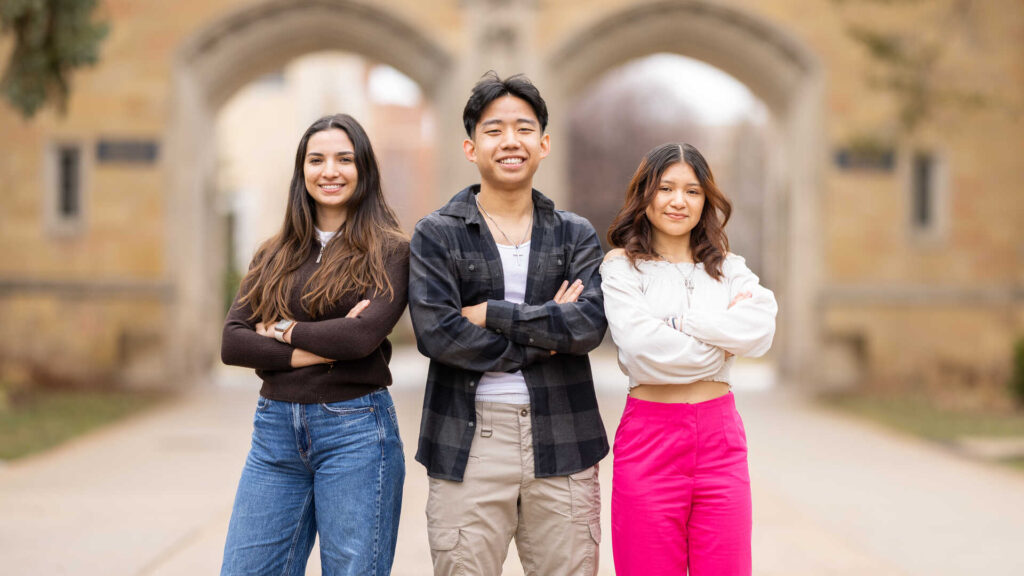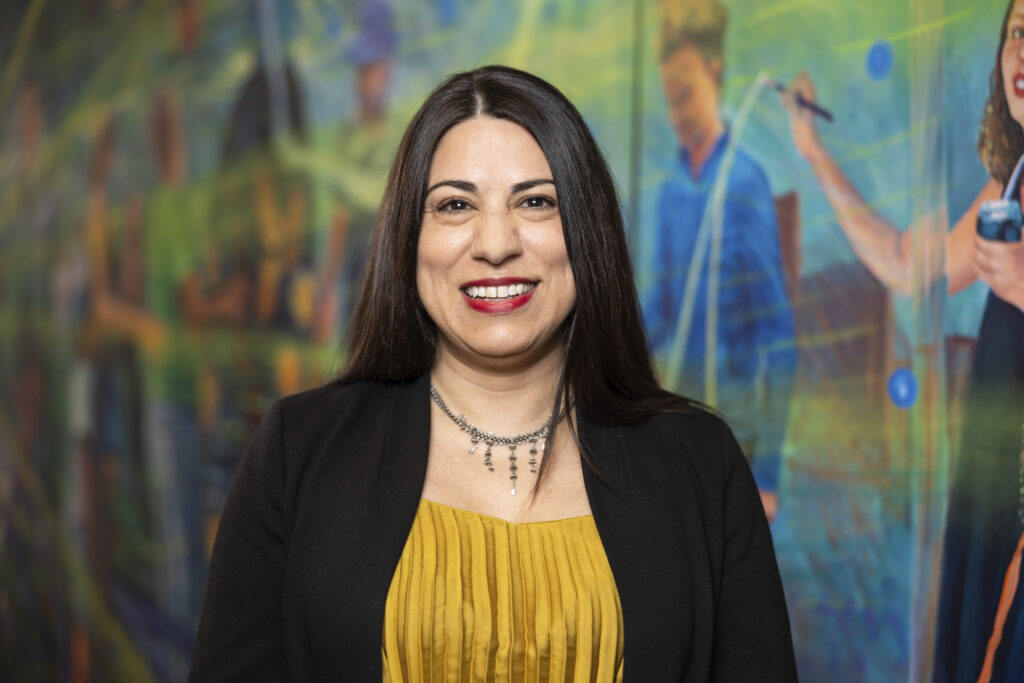Spring-semester diversity workshop April 17
I am pleased to extend faculty, staff and students an invitation to join the Office of Institutional Diversity and the Leadership Academy for a spring-semester diversity workshop, "Understanding Other Peoples’ Power."
The workshop will be held from 2 to 5 p.m. Tuesday, April 17, in Room 460, Terrence Murphy Hall, Minneapolis campus. Registration is required and space is limited. Faculty and staff may register online. Students may register by sending a request to me. Faculty members who are teaching courses that meet the human diversity requirement are encouraged to invite their students to sign up for this workshop and provide extra-credit options.
Anti-oppression work is a spiritual practice. One of the ways we live our faith is through justice making. "Understanding Other Peoples’ Power" will focus on linked oppressions and the connection between anti-oppression work, prejudice reduction and spirituality
It is a powerful opportunity to heal from the wounds of racism, sexism, classism, homophobia, ageism, ableism and other forms of oppression and learn skills to train others. If you, as an individual or within your organization, have been searching for a diversity workshop, this is a perfect opportunity.
One goal for the Office of Institutional Diversity is to initiate programs and activities that enhance cultural awareness for the entire campus, creating opportunities for campus education, constructive dialogue and honest reflection. The workshop is one concrete program where resources have been dedicated to assuring that campus culture supports the values we seek to promote in diversity education and development seeks to provide.
Come learn valuable skills:
- Trust: Invest time in building trusting relationships and a safe environment for working with diverse groups.
- Language: Develop and utilize inclusive language with an anti-racist/anti-oppression focus.
- Action: Connect to strategies and values that lead to institutional and structural transformation while continuing to focus on a larger vision of community building.
- Leadership: As a group, choose to model the behavior and accountability desired in the larger community.
- Inclusiveness: Continue to redefine issues in an inclusive way, i.e., race, class, culture, gender, sexual orientation, language, immigration status and religion.
- Self-examination: Insist on looking inward to focus on rigorous self-inquiry and reflection.






